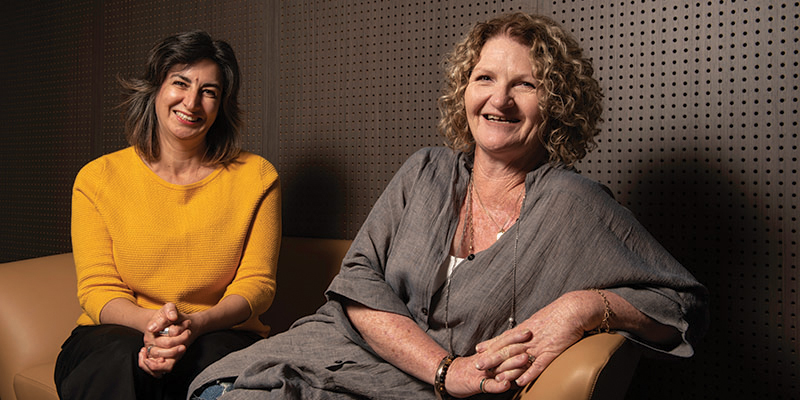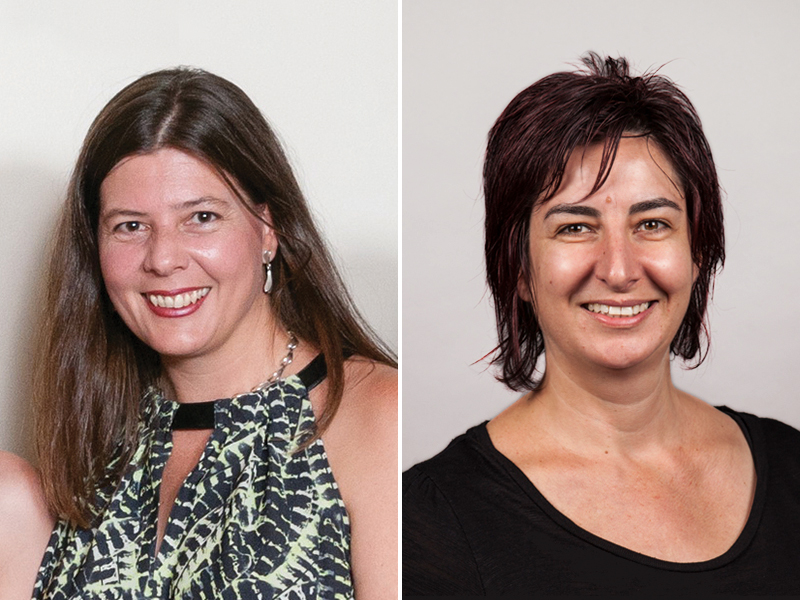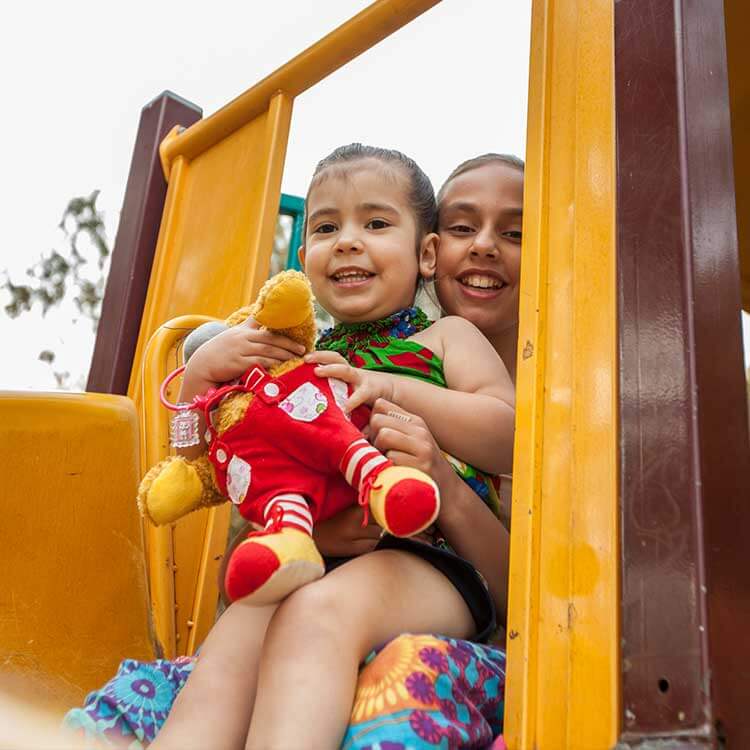Search
Research
Response to Comment on Lin et al. Risk Factors for Decline in IQ in Youth With Type 1 Diabetes Over the 12 Years From Diagnosis/Illness OnsetThis editorial response addresses each of the concerns raised by Lin et al. RE: Risk Factors for Decline in IQ in Youth With Type 1 Diabetes Over the 12...
Research
A systematic review: Identifying the prevalence rates of psychiatric disorder in Australia's Indigenous populationsA systematic review: Identifying the prevalence rates of psychiatric disorder in Australia's Indigenous populations.

News & Events
Healthway supports innovative mental health, physical activity research at The KidsThe Kids Research Institute Australia and The University of Western Australia researchers have been awarded more than $1 million in funding from Healthway, for projects to improve the mental health of LGBTQA+ young people, encourage early physical activity in childcare centres and create healthier local environme

News & Events
Embracing the mental health of our children and young peopleEmbrace – a new research collaboration based at The Kids – will bring a new focus to understanding and improving the mental health of children and young people.

News & Events
NHMRC grants to benefit vulnerable and disadvantaged children and young peopleTwo leading The Kids Research Institute Australia researchers will use more than $1.1 million in National Health and Medical Research Council funding to improve outcomes for some of the world’s most vulnerable children and young people.

News & Events
Australian researchers join international project to curb unhealthy lifetime trajectoriesAustralian researchers join global effort to better understand how events during pregnancy and childhood influence the development of disease later in life.
Research
Predicting NSSI among trans young people: the role of transphobic experiences, body image, and gender dysphoriaNon-suicidal self-injury (NSSI) is particularly common among trans young people. NSSI is most commonly used as an emotion regulation strategy, which may explain the high prevalence of the behavior among trans young people, who often experience unique stressors. In the current study we test an application of the Pantheoretical Framework of Dehumanization, in which transphobic experiences, body surveillance, body dissatisfaction, and gender dysphoria are all theorized to predict NSSI.
Research
Barriers and facilitators to mental health care access and engagement for LGBTQA+ people with psychosis: A scoping reviewLGBTQA+ individuals are at increased risk of experiencing psychosis and face barriers in accessing appropriate and timely mental health support. This scoping review maps the existing literature to identify barriers and facilitators to access and engagement to care for LGBTQA+ people across the psychosis spectrum.
Research
Too far from care? A descriptive analysis of young Australian mental health aeromedical retrievalsYoung Australians living in rural and remote locations have poorer mental health outcomes and higher rates of self-harm and suicide than their major city counterparts. Significant service gaps and barriers exist in accessing general and youth-specific mental health services. With a lack of access, comes delays in treatment and associated poorer outcomes. This paper describes the characteristics of young people requiring an aeromedical retrieval (AR) for acute inpatient psychiatric care.
Research
Development of a universal aftercare model for people who have presented to the emergency department for a suicidal crisis in WAThe Mental Health Commission (MHC) of Western Australia has provided funding to The Kids Research Institute Australia to undertake exploratory research to inform a WA approach to aftercare.
